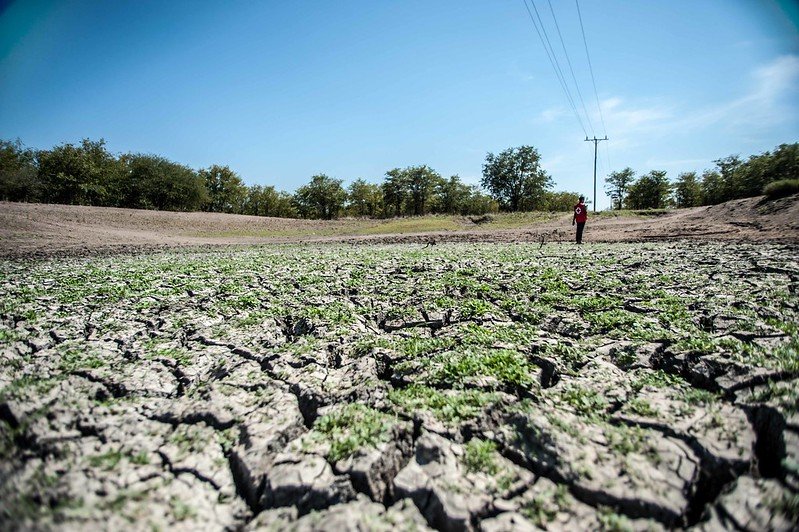As a result of climate disasters, millions of people in Southern Africa face the threat of starvation.
Development Diaries reports that the onset of El Niño caused scorching heat waves that destroyed crops and dried up essential water sources in the region.
The situation is dire and calls for immediate and coordinated action to prevent a humanitarian catastrophe. We understand that the situation has impacted women and girls severely, even as they have witnessed the protracted drought destroy their livelihoods.
Also, hundreds of lives have been lost in recent cholera outbreaks in Malawi, Zambia, and Zimbabwe.
El Niño has caused below-average rainfall and scorching temperatures for over 4.4 million people in Malawi.
In Zimbabwe, it is also severe, with over 2.7 million people living in poverty as a result of prolonged dry spells that cause extensive crop loss. The rural areas have been especially affected, with 26 percent of people in these areas experiencing a lack of cereal.
In Zambia, 9.8 million people are affected by the drought, and a national disaster declaration has been made due to crop withering and delayed rainfall. Also, food insecurity has increased in the country, impacting 84 districts in eight provinces, and has been made worse by soaring food costs, which have increased by 45 percent.
Without decisive action, the humanitarian, economic, and environmental toll of the crisis will continue to escalate, hence the need to prioritise adaptation and resilience-building measures.
Development Diaries calls on the governments of these countries and donors to roll out a comprehensive response plan aimed at providing vital assistance to affected communities.
Photo source: International Federation of Red Cross









